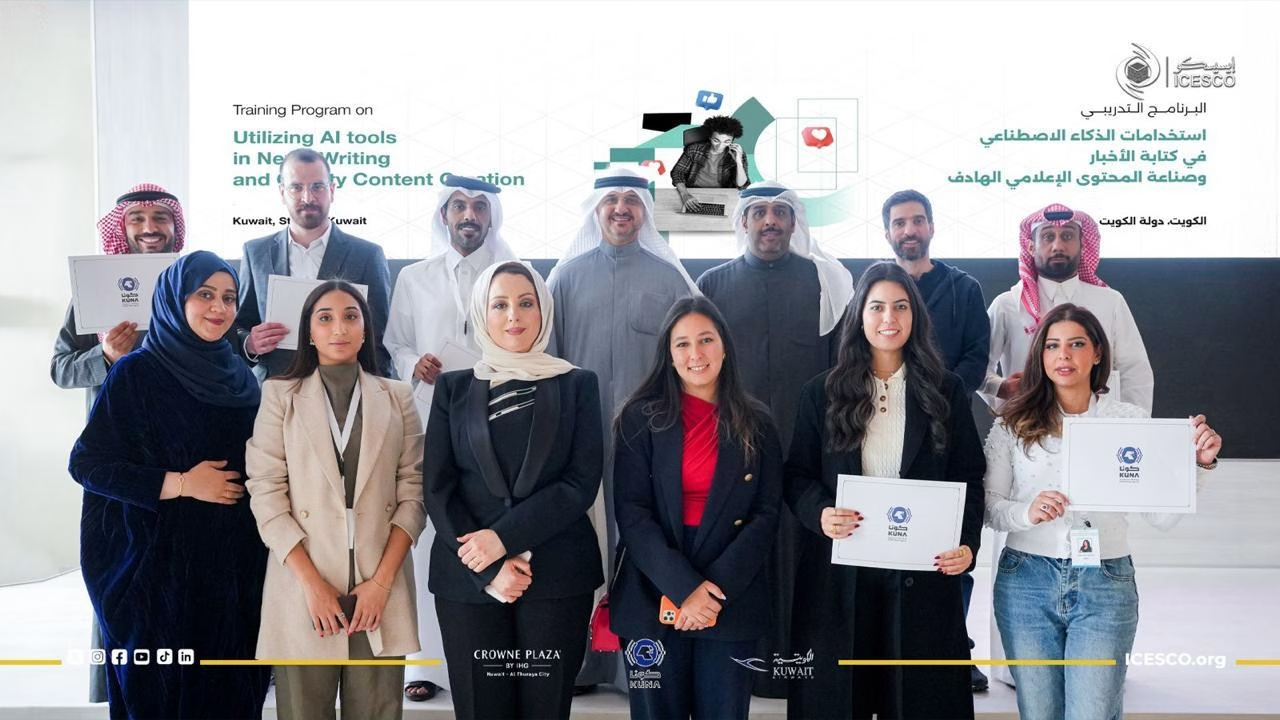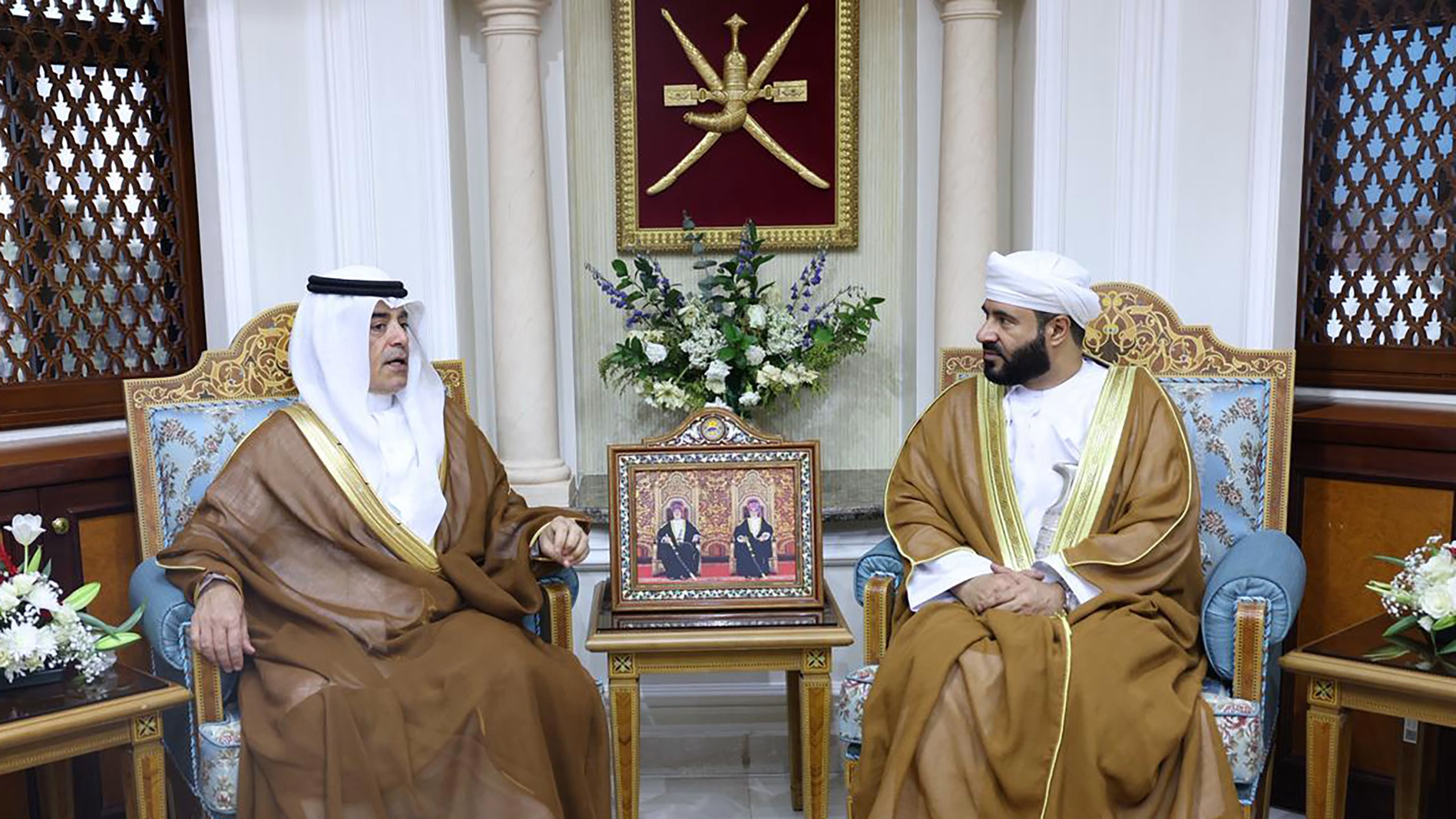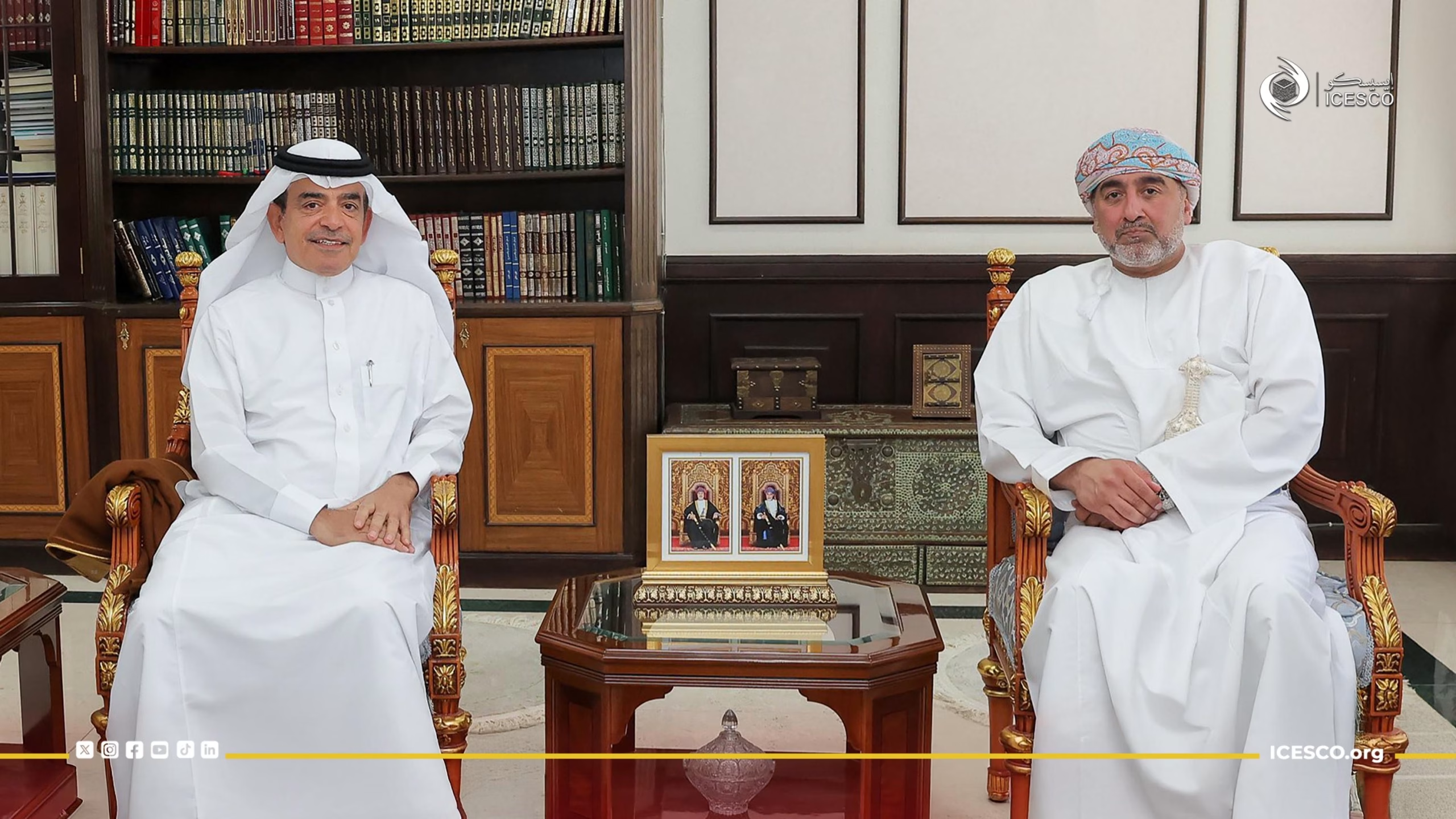
ICESCO Launches Series of Lectures and Training Workshops on Leadership in Cultural Policies
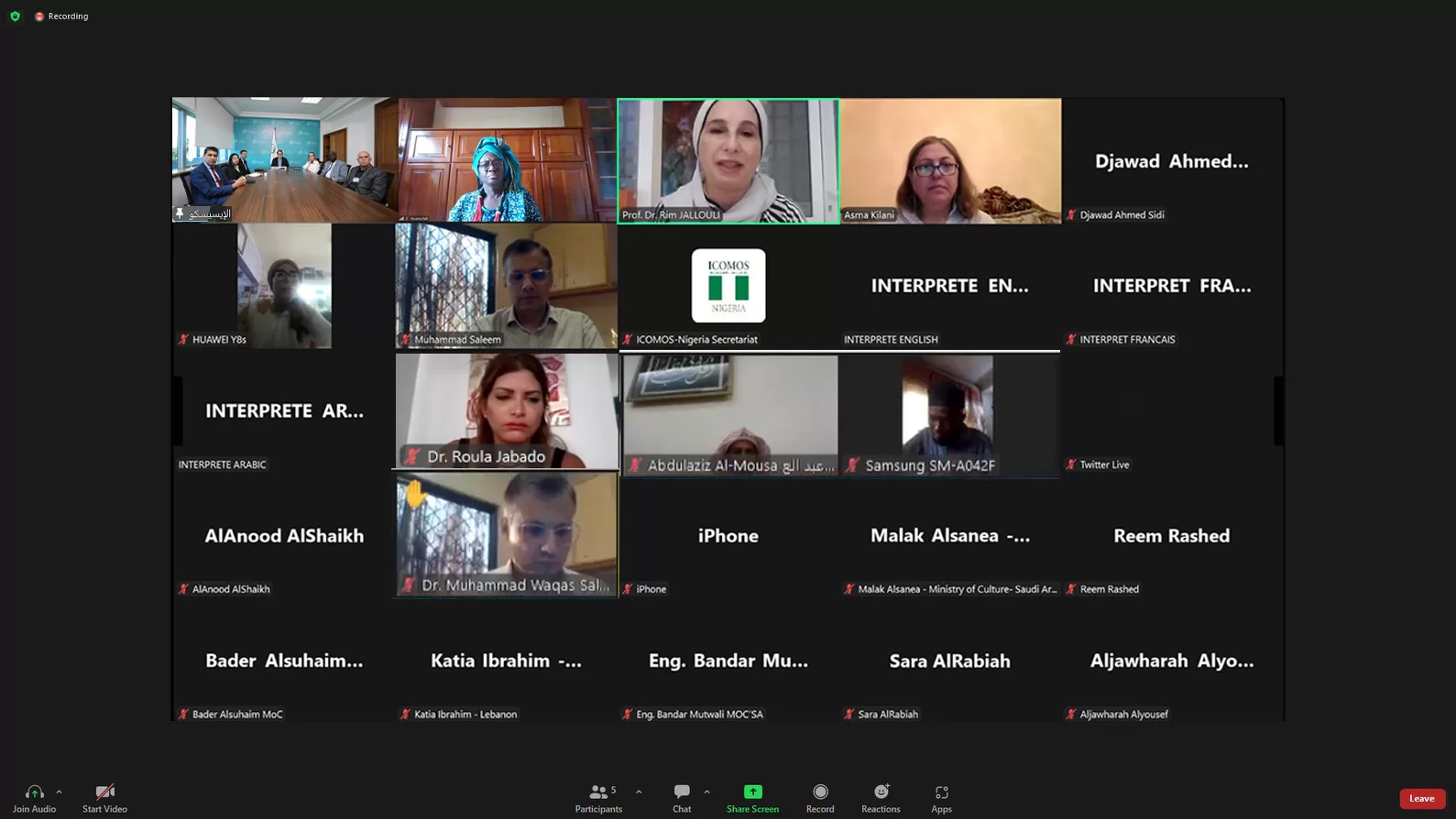
25 September 2024
The Islamic World Educational, Scientific and Cultural Organization (ICESCO) has launched a series of lectures and training workshops for the benefit of its Member States, focusing on leadership in cultural policies. These initiatives are based on studies and research conducted by the Organization in areas such as the digital cultural economy, the purple economy, creative technologies, cultural rights and cultural indicators, as well as ICESCO’s indices for assessing cultural policies in its Member States.
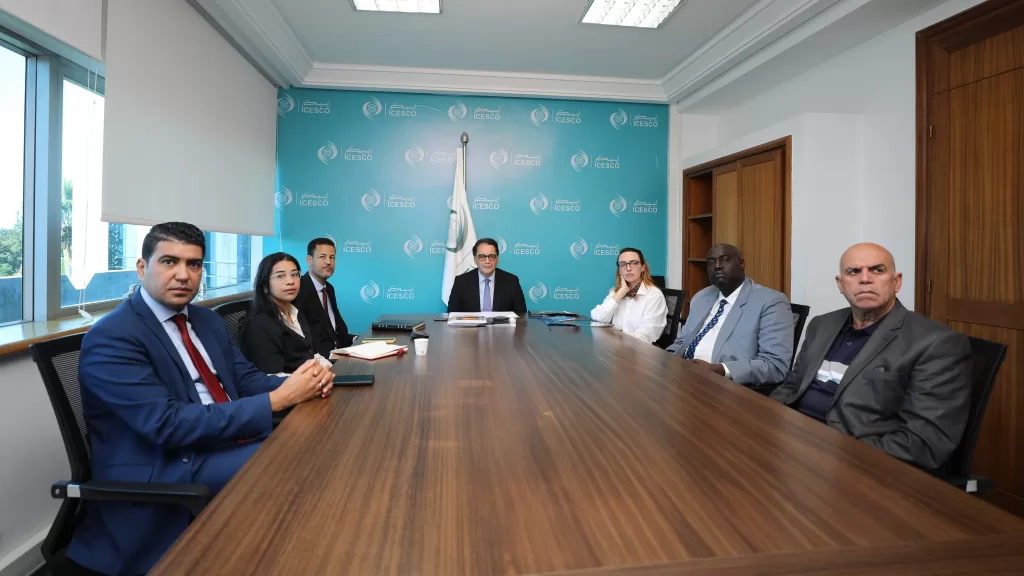
The Series, set to run over a period of one and a half years, will feature one lecture or workshop each month, beginning today, Wednesday 25 September 2024, with the first training workshop held via video conference. The Session was chaired by Dr. Mohamed Zinelabidine, Head of ICESCO’s Culture and Communication Sector, and facilitated by Dr. Youma Fall, Minister-Counsellor to the Senegalese Presidency, along with Prof. Dr. Rim Jallouli, external expert with the Organization, specializing in cultural policies. Approximately 40 experts from ICESCO Member States participated in the session.
In his opening remarks, Dr. Zinelabidine outlined ICESCO’s new strategy for cultural policies in the Islamic world, emphasizing its importance in contributing to sustainable development efforts. He also highlighted the ICESCO indices related to cultural policies in Member States, and stressed the need for relevant authorities to adopt and implement these indices.
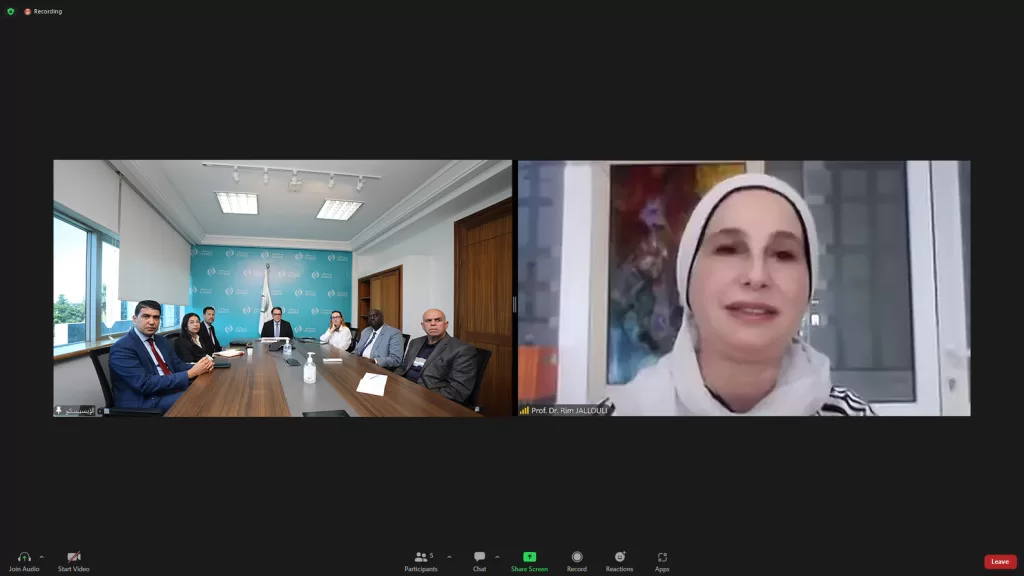
Following this, Dr. Rim Jallouli delivered a lecture focusing on the importance of cultural indicators and the goals of the Organization’s cultural strategy. She emphasized the need to collect and align the cultural needs and objectives of Member States, while tailoring the indicators to meet these needs and assist countries in formulating their cultural policies.
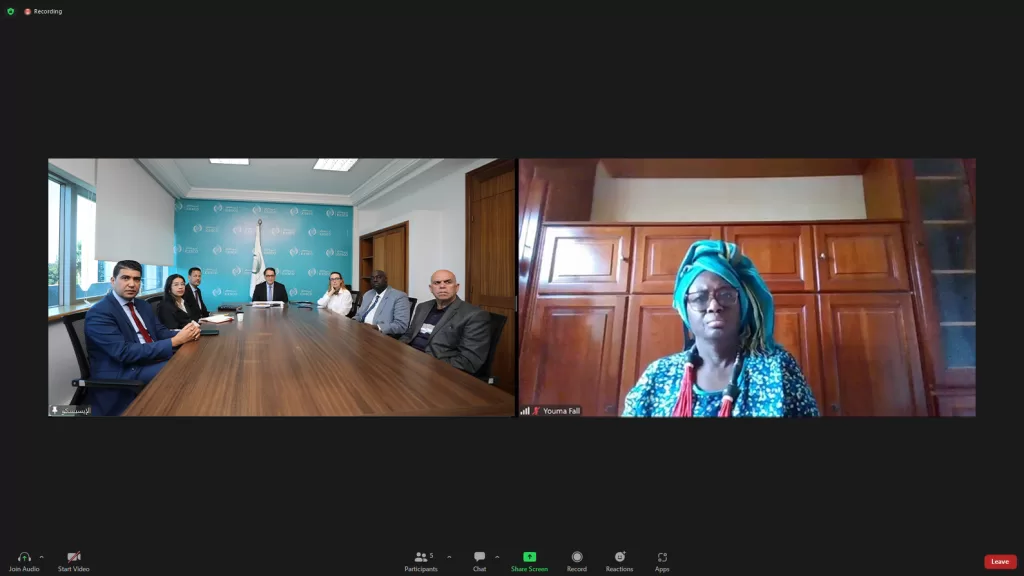
For her part, Dr. Fall underscored the significance of digitalization as a tool to support cultural development efforts by providing the data essential for shaping national cultural policies. She highlighted the necessity of training professionals in the cultural sector and raising their awareness about the importance of digitalization, commending ICESCO’s efforts in supporting cultural policy development.
The Workshop also featured rich discussions and contributions from ICESCO experts and specialists from Member States, addressing the importance of cultural indicators in sustainable development and their role in shaping national cultural policies.

